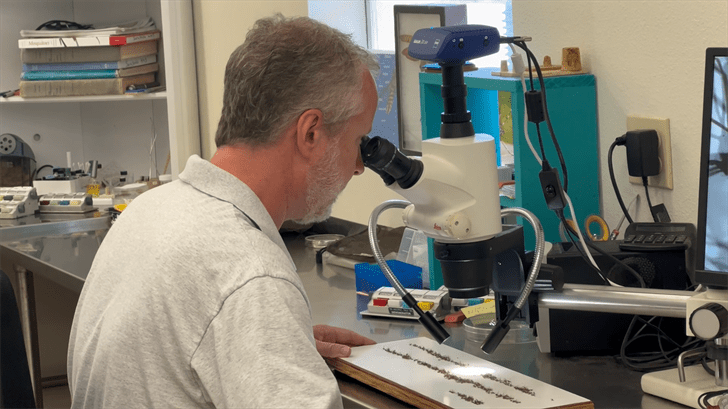SARASOTA COUNTY, Fla. (SNN) — The Department of Health is issuing a mosquito-borne illness advisory for Sarasota County due to a single confirmed human case of West Nile Virus.
The case was identified in early September and has already been treated.
However, Sarasota County Mosquito Management wants to raise awareness that there may be potential long-term effects of the virus.
“It has great symptoms on everybody and I can have lifelong illness effects that will recur throughout your life so it’s a very serious matter if you do contract it,” said manager at Sarasota County Mosquito Management Wade Brennan.
Sarasota County Mosquito Management says if you do contract West Nile, flu-like symptoms and aches and pains are the most common symptoms.
The confirmed case was found in an area where Mosquito Management said they’ve already conducted a lot of surveillance and have done multiple treatments.
“It was in South Sarasota, the city of Sarasota. And so that is where our focus was back in September and also is now,” said Brennan.
It’s important to note, West Nile primarily infects birds… and mosquitoes become carriers when they feed on infected birds.
However, surveillance conducted by Mosquito Management indicates no significant increase in mosquito-borne disease activity in sentinel chicken flocks or mosquito pools.
“September and October is our peak disease time or risk time for West Nile virus. So this is a natural cycle disease that’s going on. So I don’t think we’re in the same situation at all that we were with Malaria,” said Brennan.
The virus is typically transmitted to humans during the warmer months when mosquitoes are active.
“Culex Nigrepelpix and Culex quinquefasciatus are the two main vectors of West Nile virus and so they really thrive in those wet, hot, humid conditions. When we had a lot of those rains from hurricane Idalia, that really boosted our Culex Nigrepelpix populations,” said Brennan.
In light of this advisory, the Sarasota Department of Health urges residents and visitors to take basic precautions to limit exposure to mosquitoes.
However, some residents, like Sheri Henry, continue facing challenges in mosquito prevention despite their efforts.
“We’ve gone down to the do it yourself, we’ve gotten the sprays, and we’ve had them come out here and spray around the house. We keep our grass mowed, we don’t have standing water,” said Henry. “We have farm animals. You can’t wear a jacket to go out and milk a cow at night, that’s not feasible. It’s just, I don’t know what else to do.”
